According to the UNAIDS 2018 Report on adolescents, Youth and HIV, the world is home to more young people (ages 15-24 years old) now than at any other time in history. Simultaneously, the world committed for the first time in 2015 to a universal agenda for sustainable development of unprecedented ambition – including Target 3.3. to end the AIDS epidemic by 2030. But the global community will never deliver on ending AIDS if young people are not fully engaged in the planning and implementation programme as well as decision making. Young people are the most effective engine for social change. Hence there is an urgent need to equip them with knowledge to help them become key actors in the fight against HIV/AIDs.
To end AIDS by 2030 requires that the root causes that put young people at risk of new HIV infections, poor health outcomes and AIDS-related deaths, including gender-related, socioeconomic, and other inequalities, limited access to information, discrimination, exclusion and violence, are effectively addressed.
According to the UNAIDS data 2021 report, there are 4000 new HIV Infections (adults and children) every day in 2020.
- 60% are in sub-Saharan Africa
- 10% are among children under 15 years of age
- 90% are among adults aged 15 years and older, of whom:
— 51% are among women
— 31% are among young people (15–24)
— 20% are among young women (15–24)
Source: UNAIDS epidemiological estimates, 2021 (https://aidsinfo.unaids.org/)
The Society for AIDS in Africa (SAA) seeks to provide a platform for young people across Africa, to talk about HIV and gain consensus on the key issues affecting adolescents and youth including the barriers to SRH services and core elements that put young people in all their diversities, at the center of the HIV response in the context of COVID-19. It also seeks to promote dialogue on prevention and PrEP, negative practices, sexual and reproductive health issues and outcomes amongst adolescents and youth which include unintended pregnancies; unsafe abortion; maternal mortality; violence; sexually transmitted infections (STIs); HIV; exploitation, sexual gender-based violence; and discrimination based on sexual orientation or gender identity.
KEYNOTE SPEAKER
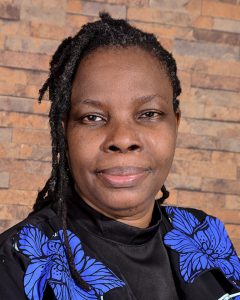
Prof. Morenike Oluwatoyin Ukpong
SAA Treasurer
Download Speech
SPEAKERS
 | 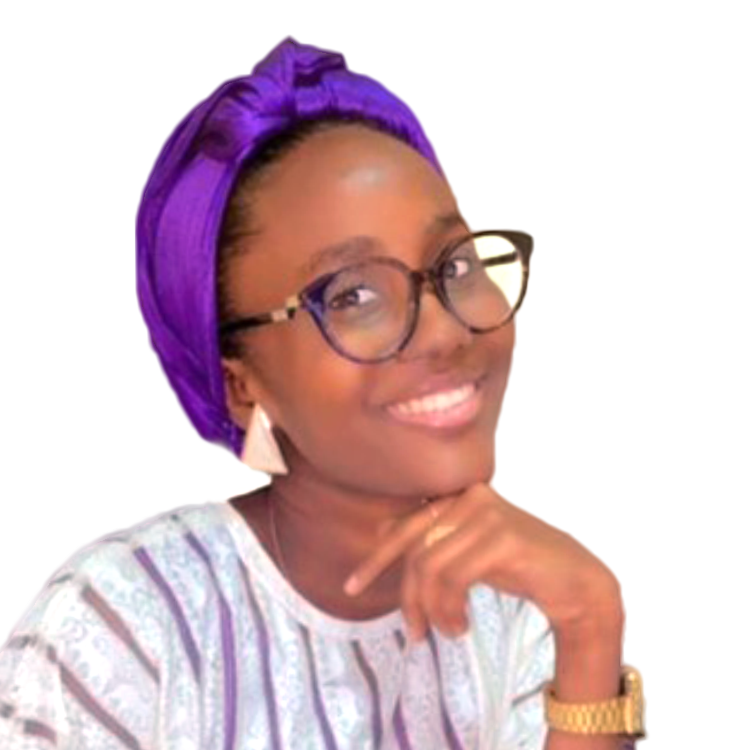 | 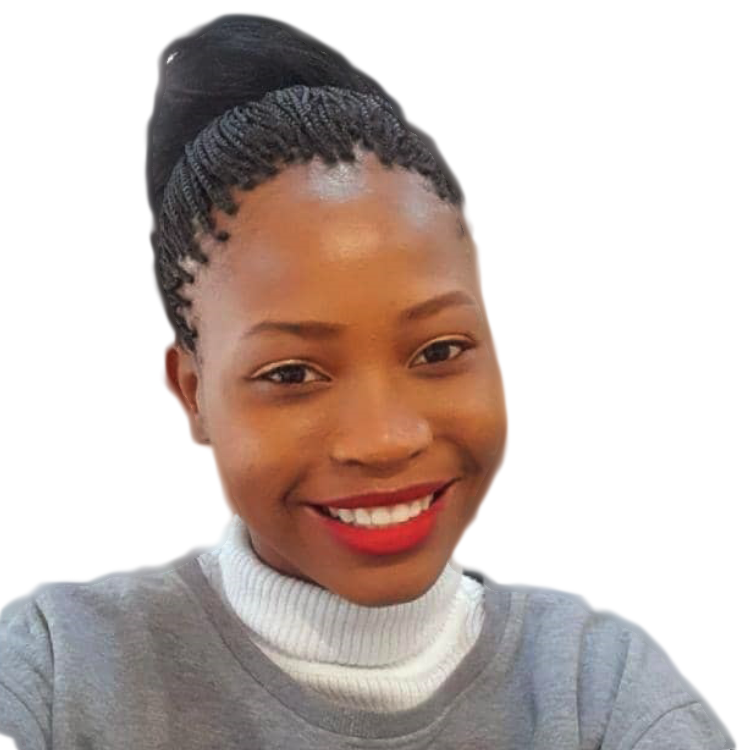 |
Doreen Moraa MorachaHIV Activist & founder of | Alima GoumbalaHuman & Childrens Rights Activist | Ashley Nyathi President, Students and Youth |
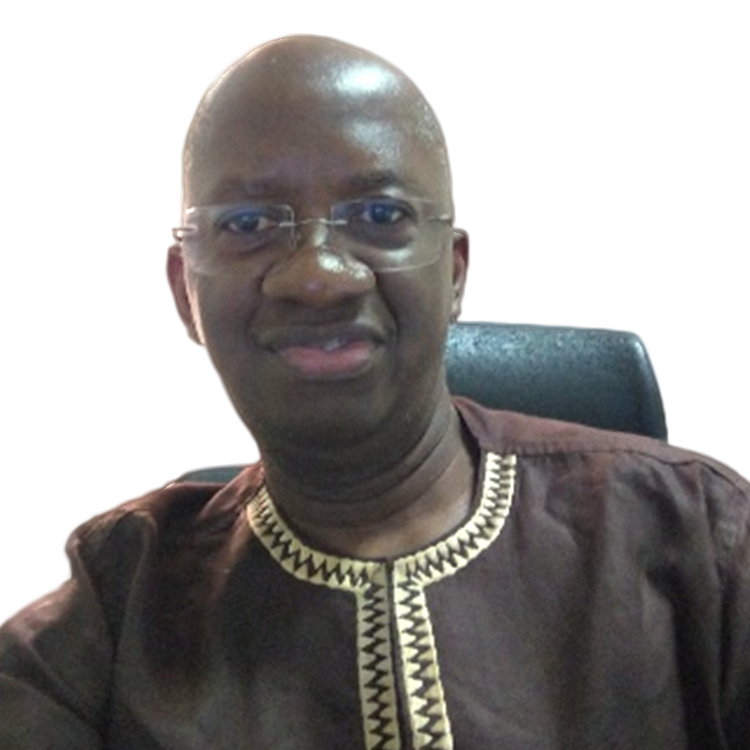 | 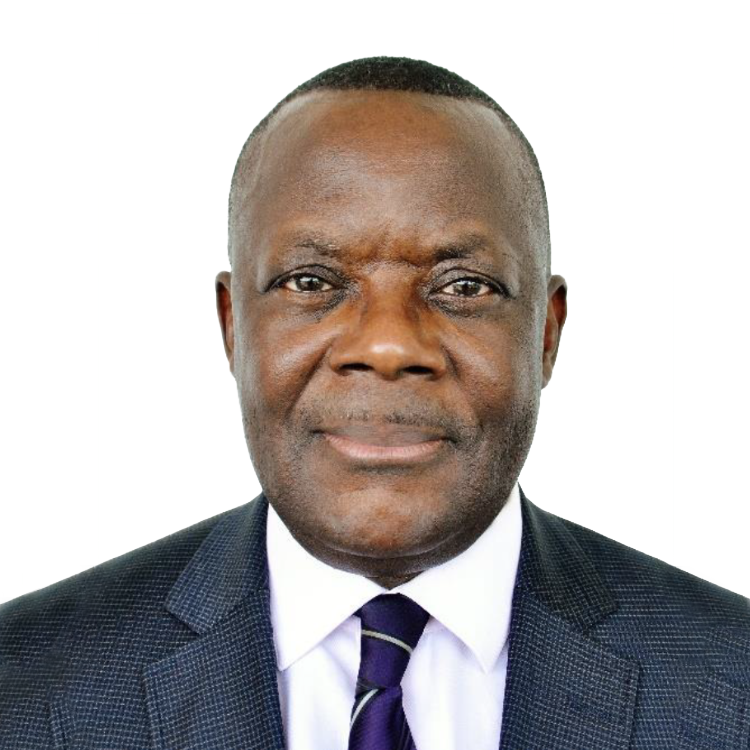 | 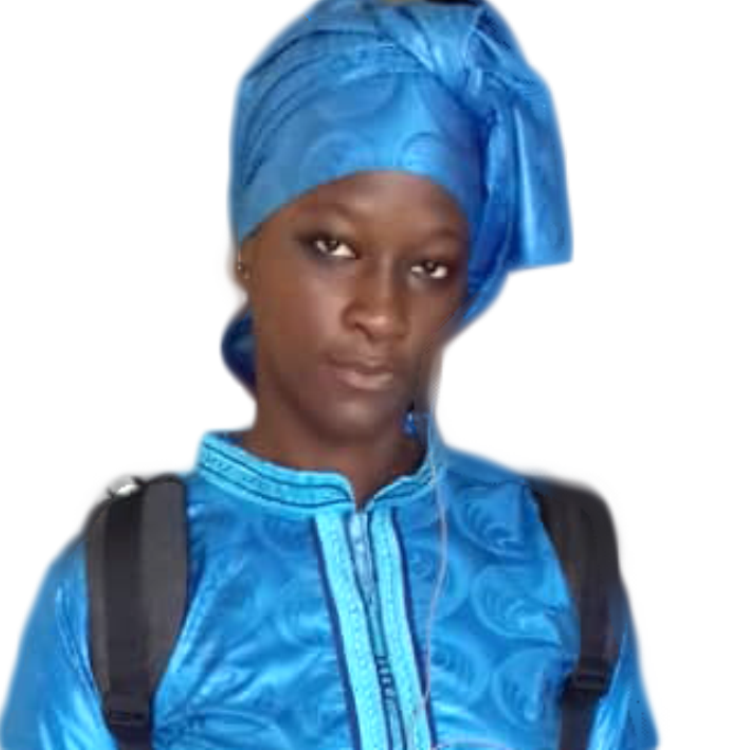 |
Dr. Chilanga AsmaniTech. Officer, Sexual and Reproductive Health | Dr. Symplice Mbola MbassiRegional Adviser, Adolescent, Youth and School Health | Fatoumata Kontao President of the Peer Educators of CESAC, Bamako |

